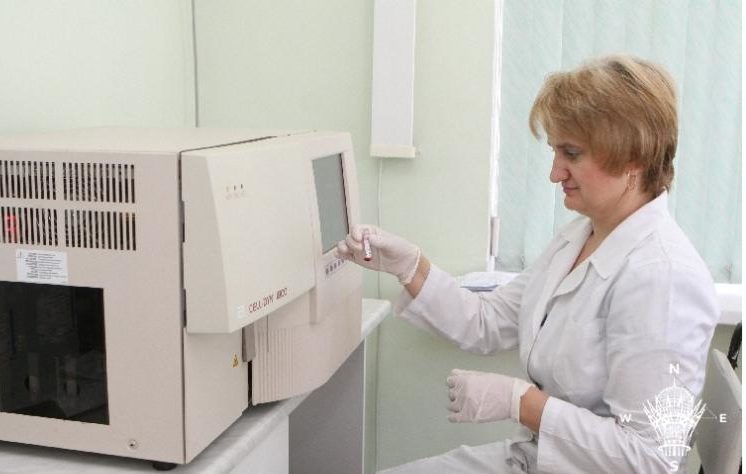NUR-SULTAN – Kazakhstan’s compulsory medical insurance system, which will come into force Jan. 1, 2020, will provide everyone with sufficient medical care, noted Tatyana Tsechoyeva, the Central Railway Hospital deputy director for medical and preventive work.
“Today, unfortunately, patients are increasingly faced with the need to pay for medical services and, by the way, it should be noted that prices in private clinics are sky-high. Therefore, today there is a need to develop two packages of medical services – a package of guaranteed volume of free medical care (GOBMP) and a package of compulsory social health insurance (OSMS). The population will be able to receive services not included in the guaranteed volume of health insurance within the framework of the OSMS by becoming a member of the Social Health Insurance Fund (FSMS),” she said, as reported by elorda.info.
Discussions about compulsory health insurance regarding the OSMS system started in 2017, although its launch was postponed from January 2018 to Jan. 1, 2020. Many were not convinced of its need.
Tsechoyeva noted many people hold the popular opinion that it is unfair to pay a monthly fee if one rarely visits the hospital. Yet four out of every five causes of death in Kazakhstan are chronic diseases which could have been prevented or controlled with early detection. Insurance might motivate people to have check-ups and, therefore, improve the statistics.
“You will probably agree with me that prevention is much cheaper than treating advanced diseases and that only 15 percent of your health depends on medicine. The rest is the lifestyle of citizens,” she added.

The Central Railway Hospital deputy director for medical and preventive work Tattyana Tsechova. Photo credit: elorda.info.
GOBMP will allow all citizens, oralpersons (repatriates), stateless individuals and foreigners permanently residing in Kazakhstan to receive medical care. It is the type of insurance that will provide assistance in emergency situations and control diseases that are significant for the entire society.
“There is a number of services in the GOBMP package like fluorography, blood analysis, cardiography and examination by the therapist. A healthy person must undergo these simple procedures to understand what is happening with his/her body. This is the very necessary minimum. If there are any deviations, then the guaranteed volume of free medical care allows the state to receive services free of charge,” said Tsechoyeva.
Another advantage of state versus private medical insurance is that it allows patients to receive treatments even if the cost exceeds their accumulated personal account.
“The public system is equally reliable and beneficial for all citizens, regardless of the size of their contributions and income. First, when choosing this model, payers in the health insurance fund are all parties – and the employer, the citizen himself and to a greater extent the state, all of them are jointly responsible for a person’s health,” she added.
Introducing insurance medicine will significantly boost the competitive environment in the medical services market.
“During the current procurement of medical services, it turned out that 45 percent of the entire list of potential providers of FSMS are private medical organisations. These are the private clinics where many of our patients prefer to go to find more qualified specialists, lack of queues and high-quality service. Over time, the competition will select the best providers of medical services who can provide the population with high-quality and affordable medical services,” said Tsechoyeva.
To ensure a smooth transition to the OSMS system, the government will provide minimum social guarantees or limited GOBMP to uninsured citizens from the state budget for 2020-2022. FSMS will finance the insured population segment to receive an expanded package of medical services.

